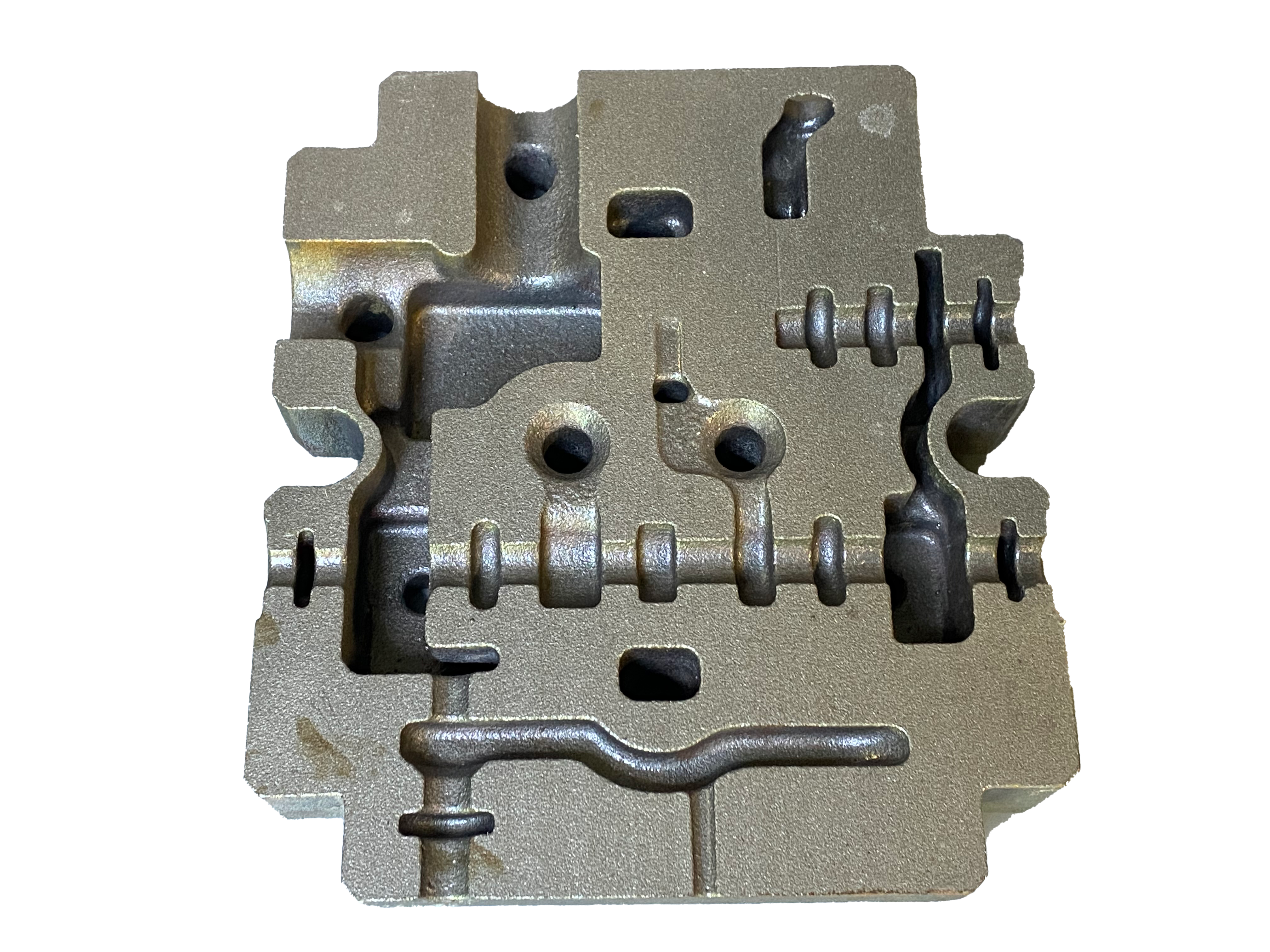Aṣiṣe ọna kika imeeli
emailCannotEmpty
emailDoesExist
pwdLetterLimtTip
inconsistentPwd
pwdLetterLimtTip
inconsistentPwd

Iroyin
How to Avoid These Details in the Production of Aluminum Alloy Precision Casting
Semi-solid die-casting in aluminum alloy precision casting is a technique of forming slurry through die-casting. It is mixed when the liquid metal is condensed, and a slurry of about 50% or higher solid phase composition is obtained at a certain cooling rate, and then Get the desired casting. Since some skills require vacuuming, there are also aluminum alloy precision casting skills that require oxygenation, so that oxygen reacts with active metals to form solid oxides, and oxygen is filled into the cavity before casting to replace the air in between.

How to avoid the following problems in the production of aluminum alloy precision casting?
Compared with other materials, the abrasion phenomenon of aluminum alloy precision casting shell is more serious, and there are many reasons for this shortcoming. There are bumps; the finish is not good or the processing pattern is wrong, or the flatness in the demolding direction is poor, etc.
For the aluminum alloy precision casting shell, the phenomenon of scratches often occurs the surface of the aluminum alloy casting is pulled along the direction of the mold. In the process of aluminum alloy precision casting, after the metal flow hits the mold wall, it causes strong welding or adhesion of the metal to the mold wall; and when the adhesion part is demolded, the metal is squeezed and the skin layer is torn, and the casting is The area is strained.
There is also electromagnetic pump low-pressure casting, which belongs to the low-pressure casting process. Compared with the gas-type low-pressure casting technology, it is different in the way of pressurization. The electromagnetic pump low-pressure casting adopts non-touch electromagnetic force, which directly acts on the liquid metal, which greatly reduces the problems of oxidation and suction caused by the impure compressed air and high partial pressure, and realizes the aluminum liquid. Smooth conveying and filling can prevent secondary pollution caused by turbulent flow.
Kneading die casting is also known as liquid metal molding. The castings formed by this technique have good fineness, high mechanical properties, and no risers. Since it has so many advantages, it can not only replace the traditional aluminum alloy precision casting process, but also be compatible with differential pressure casting, continuous casting and continuous forging, and semi-solid rheological casting. If the surface quality of the molded aluminum alloy precision casting product is poor, the casting will be demolded to form a strain, and there will be a straight channel with different depths.
Once the aluminum alloy precision casting shell is seriously scratched, it will cause the mold to stick, and the casting will not even come out. The implementation of the vacuum die casting method of aluminum alloy precision casting requires first evacuating or partially evacuating the gas in the cavity to reduce the air pressure in the cavity, which is conducive to filling and removing the gas in the alloy melt, so that the alloy melt is under pressure. Filling the cavity under the action and condensing under pressure to obtain fine die castings.
Conclusion
For more information about best wax for lost wax casting,lost wax casting molds,modelling wax for lost wax casting, we are glad to answer for you.

